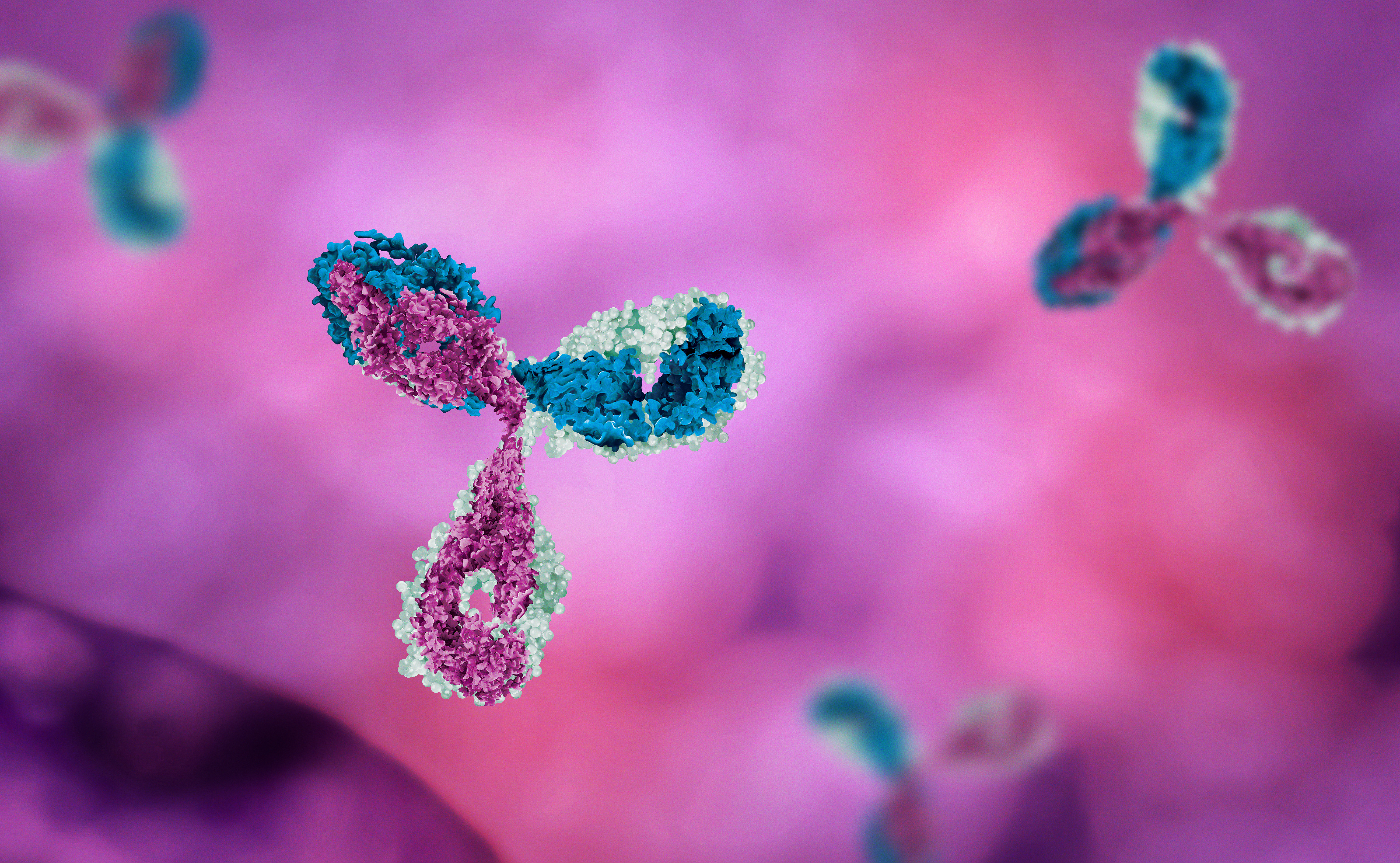
The Kraft Heinz Company has recently introduced three new vegan sliced cheese varieties in the United States, marking another step in the growing trend of AI-powered innovation in the food industry. Collaborating with NotCo, a pioneer in animal-free food products driven by artificial intelligence (AI), The Kraft Heinz Company has been at the forefront of transforming the plant-based food experience through their joint venture, The Kraft Heinz Not Company.
In the realm of vegan cheese, Climax Foods, based in California, is utilizing an AI-enabled "Deep Plant Intelligence platform" to break barriers that traditional vegan cheeses faced, such as melt and stretch qualities. Climax's innovative approach involves machine learning and human intelligence to explore the vast potential of the plant kingdom. This platform, combined with groundbreaking plant-derived casein, allows Climax to create exceptional vegan cheeses with dairy-like qualities. Collaborating with Benchling, a cloud-based scientific research platform, Climax aims to perfect its vegan cheese by optimizing aspects like flavor, texture, scalability, and sustainability through data science and machine intelligence.
On the other front, Meati Foods, based in Colorado, is revolutionizing vegan meat production using mycelium, the fast-growing root system of mushrooms. Partnering with PIPA LLC, an AI company specializing in life sciences and food, Meati is delving into AI-powered analysis to gain a comprehensive understanding of the health and nutrition benefits associated with its mycelium meats. This collaboration aims to optimize existing products and identify new opportunities to create vegan meat alternatives that excel in taste, nutrition, and sustainability.
Both partnerships between Climax Foods and Benchling, as well as Meati Foods and PIPA, underscore the transformative power of AI in the vegan food industry. By leveraging AI capabilities, these companies are not only creating vegan cheeses that mimic traditional qualities but also developing mushroom-based meats that cater to diverse palates.
The broader impact of these AI-powered innovations extends beyond taste and texture. By reducing reliance on resource-intensive animal agriculture, these vegan alternatives have the potential to significantly minimize the environmental impact of food production, contributing to a more sustainable future. Climax Foods and Meati Foods are joined in this transformative endeavor by Chile-based The Not Company, another leader in AI-powered discovery, which has garnered recognition from major food companies for its innovative vegan products. Together, these companies are reshaping the landscape of food production, proving that AI is not just a tool for innovation but a catalyst for a more sustainable and ethical approach to food.
Emily is a trainee patent attorney working as part of the life sciences team in Bristol. She has a first-class master’s degree in Biochemistry from the University of Birmingham, and a PhD in Cellular and Molecular Medicine from the University of Bristol. Emily undertook a research placement at a large pharmaceutical firm as part of her PhD. Her doctoral research determined the mechanism of a bacterial membrane protein responsible for a newly identified class of antibiotic resistance, using both experimental and computational methods to study enzyme catalysis and dynamics.
Email: emily.lythell@mewburn.com
Sign up to our newsletter: Forward - news, insights and features
Our people
Our IP specialists work at all stage of the IP life cycle and provide strategic advice about patent, trade mark and registered designs, as well as any IP-related disputes and legal and commercial requirements.
Our peopleContact Us
We have an easily-accessible office in central London, as well as a number of regional offices throughout the UK and an office in Munich, Germany. We’d love to hear from you, so please get in touch.
Get in touch

